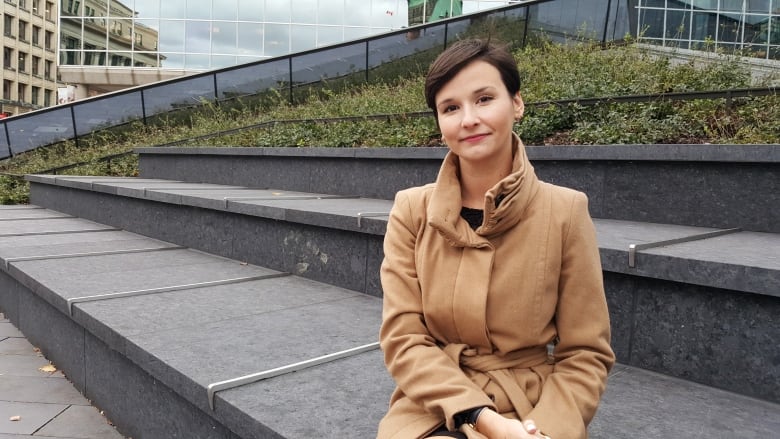Campuses on guard against September spike in sex assaults
Training bystanders to intervene a key part of prevention strategy at universities, colleges

Universities and colleges in Ottawa are stepping up efforts to prevent sexual violence on their campuses as students return to class this September, a time of year that traditionally sees a spike in such incidents.
"We know the first six weeks are the highest risk time, so we have committed to doing something each week to raise awareness," said Bailey Reid, an equity adviser and sexual assault services co-ordinator at Carleton University.
The university has been training residence advisers and volunteers with the school's orientation week, and is planning various events to spread the message as widely as possible.
That message to incoming students isn't that they shouldn't have sex, but that it must be consensual, Reid said.
"Good sex is consensual sex, and I think people have understood the message that no means no, but I think we need to push the conversation beyond that."
Bystander training
That goes for bystanders who believe they're witnessing a sexual assault, Reid said.
"There are so many ways that you can create an intervention that doesn't necessarily mean you have to be a hero or sound like an after-school special."
University of Ottawa spokesperson Isabelle Mailloux Pulkinghorn said in addition to its sexual violence prevention program in place since 2016, this year the university has added mobile education teams to patrol the campus.
The university has also added a mandatory training program for employees, including how to respond when a victim discloses an assault.
'The perfect setup'
Dr. Kari Sampsel, medical director of the Ottawa Hospital's Sexual Assault and Partner Abuse Care Program, said September often brings a spike in sexual assaults.
"We know from previous research that we have done that we get a very large number of patients that come to us in September, in particular around university and college frosh week," she said.
A research study based on 2015 survey data and released in August show that while the vast majority of sexual assaults in Ottawa occurred at home, five per cent of victims who visited the hospital said they'd been assaulted in dorm rooms.
"It is the perfect setting for something like this to happen, a whole bunch of new people in a new environment, and you're supposed to be excited and have a great time," Sampsel said. "If you're going to be a predatory person, it's the perfect setup."